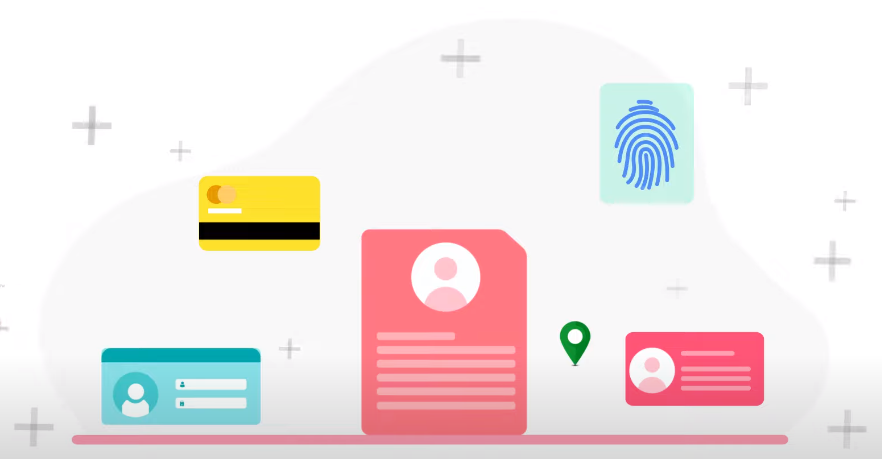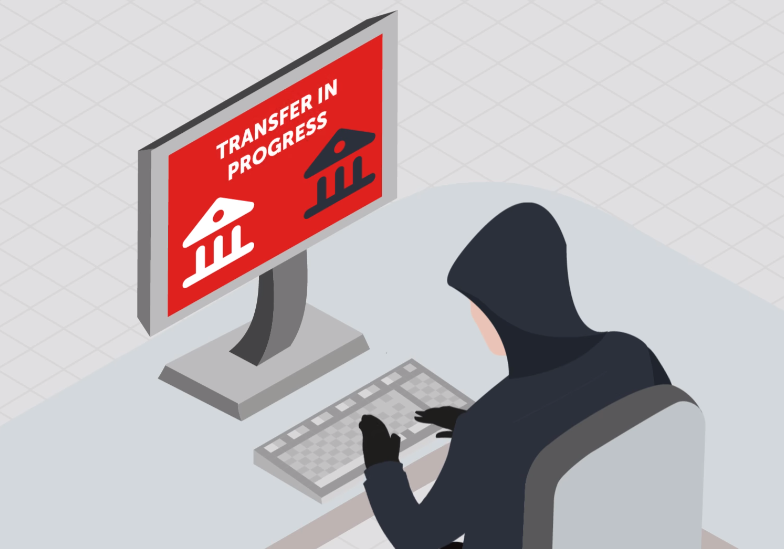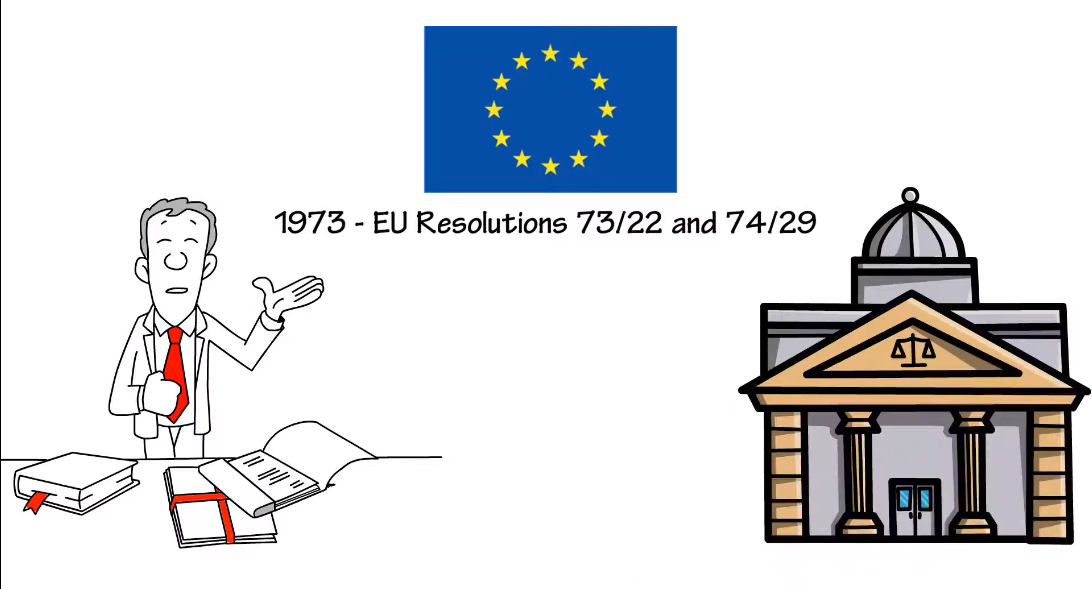Definition Of Privacy And Data Protection
Privacy refers to an individual’s right to keep their personal information and activities confidential and free from unauthorized access or intrusion. Data protection, on the other hand, refers to the measures taken to ensure that personal data is collected, processed, and stored securely and responsibly, by applicable laws and regulations. This includes protecting personal data from unauthorized access, accidental loss or destruction, and ensuring that individuals have the right to access, correct, and delete their data.
Types of Privacy

1. Physical privacy: This refers to an individual’s right to be free from physical intrusion or surveillance, such as being watched or monitored without their consent.
2. Informational privacy: This refers to an individual’s right to control the collection, use, and dissemination of their personal information, such as their name, address, and financial information.
3. Psychological privacy: This refers to an individual’s right to be free from psychological intrusion or surveillance.
Threats to Privacy
There are various threats to privacy, including:
1. Hacking and cyber attacks: Hackers can gain unauthorized access to personal information stored online, such as credit card numbers and social security numbers.
2. Surveillance: Governments, corporations, and individuals can use surveillance technology to monitor and record people’s activities and conversations.
3. Data collection and sharing: Companies and organizations can collect and share personal information without the consent of the individual.
Definition of Data Protection
Data protection refers to the measures taken to safeguard personal information from unauthorized access, use, or disclosure. It involves implementing security measures to protect data from cyber-attacks, ensuring that data is collected and used only for legitimate purposes, and providing individuals with control over their personal information. Data protection laws and regulations are in place to ensure that organizations and individuals are held accountable for protecting personal data.
Reasons for Data Protection

There are several reasons for data protection. Firstly, it helps to safeguard the privacy and confidentiality of an individual’s personal information. This is important because personal data can be used for identity theft, fraud, and other malicious activities. Secondly, data protection helps to maintain the integrity and accuracy of personal information. This means that data is kept up-to-date and is only used for legitimate purposes.
Thirdly, data protection is important for maintaining trust between individuals and organizations.
Data Protection Laws And Regulations
The General Data Protection Regulation (GDPR)
It is a comprehensive data protection law that applies to all organizations that process the personal data of individuals in the European Union (EU). The GDPR lays down strict rules for collecting, storing, and using personal data, and gives individuals more control over their data. In addition to the GDPR, there are other data protection laws and regulations that apply in different countries and regions.
The California Consumer Privacy Act (CCPA)
The California Consumer Privacy Act (CCPA) is a privacy law that applies to businesses operating in California and collecting personal information from California residents. It gives consumers more control over their personal information, including the right to know what information is being collected, the right to request deletion of their information, and the right to opt out of the sale of their information. The CCPA also requires businesses to provide certain disclosures and notices to consumers regarding their data collection and sharing practices.
How Privacy And Data Protection Are Related?
Privacy and data protection are closely related because data protection is a key aspect of privacy. Data protection refers to the measures taken to safeguard personal information from unauthorized access, use, or disclosure. Privacy, on the other hand, refers to an individual’s right to control how their personal information is collected, used, and shared. The CCPA, for example, is a privacy law that includes data protection requirements for businesses that collect personal information from California residents.
Impact of Data Breaches on Privacy
Data breaches can have a significant impact on privacy. When personal information is accessed or stolen by unauthorized individuals, it can be used for identity theft, fraud, or other malicious purposes. This can result in financial losses, damage to reputation, and emotional distress for the individuals affected. In addition, data breaches can erode trust in businesses and organizations that handle personal information, leading to a loss of customers and revenue.
How Data Protection Laws Protect Privacy?

Data protection laws are designed to safeguard the privacy of individuals by regulating the collection, use, and storage of personal information. These laws vary by country, but they typically require organizations to obtain consent before collecting personal data, to use the data only for specific purposes, and to implement appropriate security measures to protect the data from unauthorized access or theft. In the European Union,
Strategies for data protection
- Data encryption
- Regular data backup
- Data access controls
- Password protection
Conclusion
In conclusion, the future of privacy and data protection is likely to be shaped by a growing demand for individual control and transparency over personal information. This will likely lead to increased efforts by companies and governments to protect personal data, as well as the development of new privacy-focused products and services. As a writing assistant, I can help you stay up-to-date on the latest developments in this field and craft compelling content that speaks to the importance of privacy and data protection.
Frequently Asked Questions (FAQs)
What is the difference between privacy and data protection?
Privacy refers to an individual’s right to control their personal information and to keep it from being shared without their consent. Data protection, on the other hand, refers to the measures taken by organizations to safeguard personal data that they collect, process, and store. While privacy is a fundamental human right, data protection is a legal requirement for organizations that handle personal data.
What are the common threats to privacy?

1. Hacking and data breaches: When cybercriminals gain unauthorized access to personal information stored on computer systems or online platforms.
2. Identity theft: When someone uses another person’s personal information to commit fraud or other illegal activities.
3. Surveillance: When individuals or organizations monitor and track someone’s activities without their knowledge or consent.
4. Social engineering: When hackers trick individuals into revealing personal information through phishing scams or other fraudulent tactics.
What are the strategies for protecting privacy and data protection?
There are several strategies for protecting privacy and data protection. Here are a few:
1. Use strong passwords: Create strong and unique passwords for all your online accounts and change them regularly.
2. Enable two-factor authentication: This adds an extra layer of security to your accounts by requiring a second form of verification, such as a code sent to your phone.
3. Keep software up to date: Make sure your operating system, apps, and antivirus software are all up to date to protect against known security.
What is the future of privacy and data protection?
The future of privacy and data protection is likely to involve an increased focus on individual control and transparency. With the growing awareness of data breaches and privacy violations, consumers are becoming more aware of their rights and the importance of protecting their personal information. This is likely to lead to increased demand for privacy-focused products and services, as well as more robust regulations around data protection.
